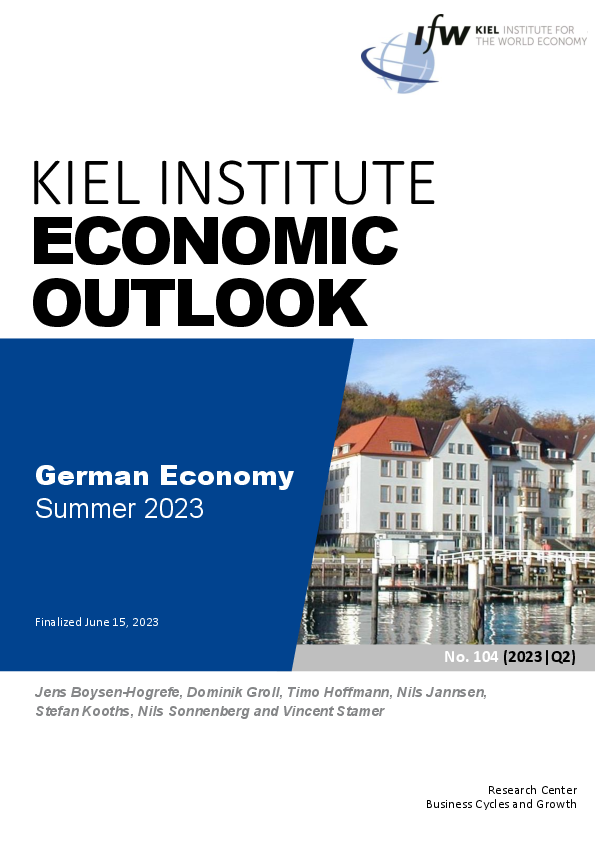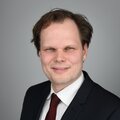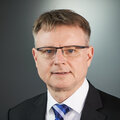Economic Outlook
German Economy in Summer 2023: Crawling out of the crisis
Authors
Publication Date
Key Words
Related Topics
Business Cycle Germany
Fiscal Policy & National Budgets
Labor Market
The renewed decline in GDP in the first quarter and the recent deterioration in leading indicators have increased concerns that the aftermath of the energy crisis and the tightening of monetary policy may weigh more heavily on the economy than expected. However, all in all it is more likely that the German economy will return to a moderate expansionary path in the course of the year, despite the headwinds. The decline in GDP in the first quarter was mainly due to a one-time slump in public consumption, rather than reflecting a broad-based economic slowdown. The manufacturing industry can rely on its still high order backlogs. Consumer-related service industries will benefit from strong wage increases. Altogether, GDP is likely to decline by 0.3 percent this year due to the weak economic activity in the winter half-year (spring forecast: +0.5 percent). For 2024, we expect an increase of 1.8 percent (spring forecast: 1.4 percent). Inflation will decrease significantly in the course of the year. On average, however, consumer prices will still rise strongly by 5.8 percent this year. In the next year, inflation will be significantly lower at about 2 percent. The labour market will be less affected by the current phase of economic weakness than by the demographically induced decline in labour supply, which is likely to lead to a decline in the number of people employed in 2024. The public budget deficit is expected to fall from 2.7 percent relative to GDP in 2022 to 0.9 percent in 2024, despite the weak economic momentum.









